I wrote this article in Japanese and translated it into English using ChatGPT. I also used ChatGPT to create the English article title. I did my best to correct any translation mistakes, but please let me know if you find any errors. By the way, I did not use ChatGPT when writing the Japanese article. The entire article was written from scratch by me, Saikawa Goto.
Introduction
Movies and books covered in this article
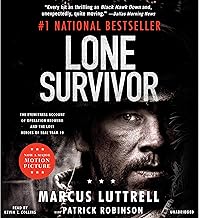
Three takeaways from this article
- Because they didn’t kill the shepherd just because he was a civilian, they ended up in a desperate situation.
- In a fierce battle, three people lost their lives, and the author miraculously survived.
- The author expresses anger towards and raises issues with the Rules of Engagement (ROE).
Self-introduction article


Published Kindle books(Free on Kindle Unlimited)
“The genius Einstein: An easy-to-understand book about interesting science advances that is not too simple based on his life and discoveries: Theory of Relativity, Cosmology and Quantum Theory”
“Why is “lack of imagination” called “communication skills”?: Japanese-specific”negative” communication”
The quotes in the article were translated using ChatGPT from Japanese books, and are not direct quotes from the foreign language original books, even if they exist.
This is a Shocking True Story about Four Members of the World’s Strongest Navy Unit Fighting against Hundreds of Taliban Soldiers, with Only One Miraculously Surviving
It was an incredible tale. A movie of the same name was also made based on this book, but if it had been fiction, it would not have been received very realistically in either the novel or the movie.


In this work, the “Rules of Engagement (ROE),” which one would not normally encounter in everyday life, are also touched upon. It may be said that many of the “contradictions” inherent in the reality of “war” are encapsulated here.
With the ongoing war between Ukraine and Russia and Japan also facing tensions with neighboring countries such as North Korea and China, this is not a story that can be ignored. While it can be enjoyed as a “miraculous true story,” it is also a work that can help one understand the “rules of war,” which are not widely known.

Why did the Author Marcus Luttrell Go to Afghanistan and How did He Miraculously Survive?
First, let’s touch on the main flow of this book.
The US Navy has a force called “SEALs” that is considered to be the “strongest in the world.” They were deployed to Afghanistan to defeat the Taliban who carried out the 9/11 attacks. Luttrell and his team of four fought daily to accomplish their mission.
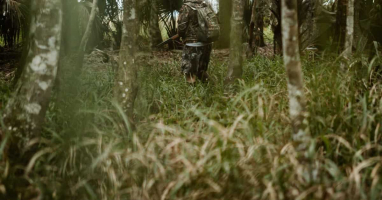
One day, they had an encounter that put them in danger. They met a shepherd in the mountains.
Why is an encounter with a shepherd who doesn’t have any weapons dangerous? It is because it is assumed that the shepherd will tell the Taliban, “There were American soldiers over there.” If they let the shepherd go now, it was clear that the four of them would be in trouble later on. If they made the normal decision of a soldier willing to risk his life, they would conclude, “We have to kill the shepherd.”
Freeing this man was something I couldn’t do. But the problem was, I had another heart, a Christian one. And it was overwhelming me. Something inside me kept whispering that it was wrong to just calmly kill this unarmed man.

However, things are not that simple. I will touch on this in detail later, but here “Rules of Engagement (ROE)” come into play. Among them, there is a rule that “civilians must not be killed” in simple terms. The shepherd is clearly a civilian. Therefore, if they as soldiers kill this shepherd, they would be violating the “ROE”. This is a very big problem in modern times where “war” is conducted according to clear rules.
I looked straight into Mikey’s eyes and said, “We have no choice but to set them free.” It was the most foolish, Southern, and stupid decision I’ve made since I was born into this world. I can’t believe I was in my right mind.

In the end, they made the decision to let the shepherd go, but as expected, they found themselves in a desperate situation. They had to fight hundreds of Taliban soldiers in a place with no cover, which was hardly suitable for combat.

The battle was fierce.
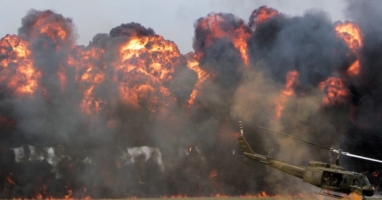
At the beginning of this book, it describes how the SEALs undergo extraordinary training that is so intense that it’s no wonder they are touted as “the strongest in the world.” However, even with their skills, they would be no match against overwhelming numbers. The Taliban soldiers have also received some training and have an understanding of tactics. It’s not a situation where four people can take them on.
Marcus, who survived, describes the battle. Even with his thumb blown off, his stomach shot, and falling off a cliff multiple times, they never stopped fighting.

There is no man in the world who fought as bravely as my comrades in that mountainous region. Even though we were almost completely surrounded, we still believed we could ultimately defeat the enemy. We still had plenty of ammunition.
No matter how much they fired, more and more Taliban soldiers kept coming. The endless assaults, with the enemy fearlessly charging in, must have left them feeling hopeless. It was clearly a desperate situation. Moreover, the lack of proper cover at their fighting location made it even more difficult to fight.
Despite such circumstances, they kept fighting until the very end. Their courage was overwhelming.
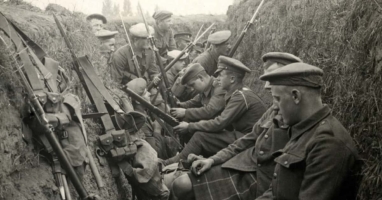
In the end, three of his comrades lost their lives. The author miraculously survived. Although I think his mental strength played a role, luck was also a significant factor.
In any case, the author somehow survived.
However, for the author, this was undoubtedly the beginning of his difficulties. He was shot all over his body, had broken bones all over, and was in excruciating pain all over his body. He was left stranded in the desolate wilderness of Afghanistan with no means of communication. There are still many Taliban soldiers around him. If they find him, he will be killed.
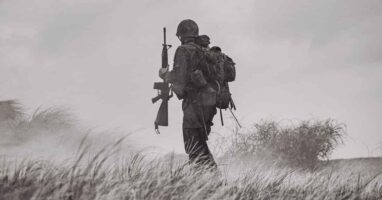

Under normal circumstances, it would seem almost impossible to survive from here. However, the author was blessed with a string of unimaginable miracles, which allowed him to achieve a miraculous survival.
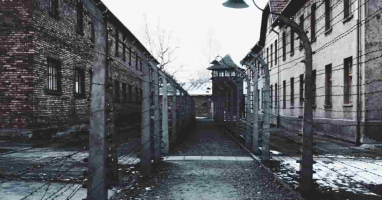
First of all, it’s a miracle that he survived the battle, and it was also significant that he was able to move a considerable distance without being found by Taliban soldiers despite his battered body. Additionally, there were further miraculous developments that occurred after that, which can only be described as miraculous.
Furthermore, there was a lesson from the “SEALs” that was related to his survival.
In the United States, it was reported that “all “SEALs” were killed.” It’s natural to assume that given the circumstances, it would be unimaginable to think that there were any survivors.
On the other hand, the “SEALs” had a motto like this:
Never assume the death of a dive operative until the body is up there.

Without those who followed this motto and served in operations in Afghanistan, he would not have ultimately returned to the United States. I don’t believe in the power of prayer, but I realized that there are miracles that can’t come true without praying.
After returning, Marcus told the families of his three comrades how brave they were, wrote this book, and surprisingly, he returned to the battlefield in Afghanistan as a soldier.
This is the shocking true story of a tough man who had such a “terrifying” experience.
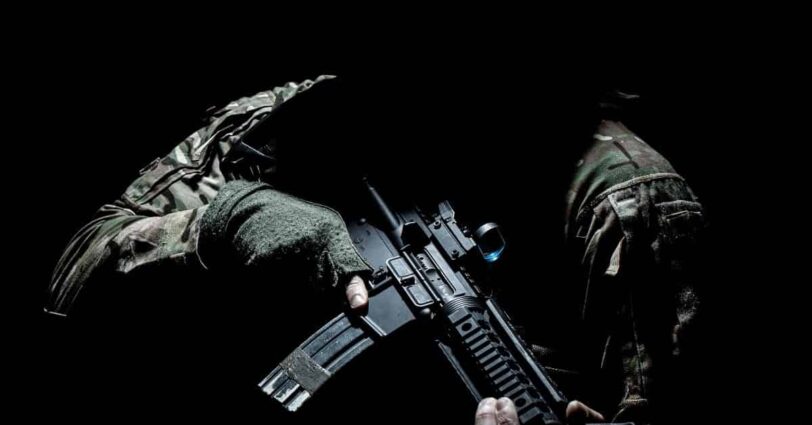

Frustration with “Rules of Engagement (ROE)”
This book portrays various topics such as the incredible training of the SEALs and the fierce battles in Afghanistan, but it also includes the author’s frustration with the “ROE.”
The “ROE” is essentially a “rulebook for war.” It defines the circumstances under which combat is allowed. I think the provisions of “ROE” differ from country to country, but they generally include a rule that says “Do not kill civilians.” This rule may seem “natural” when you hear it.
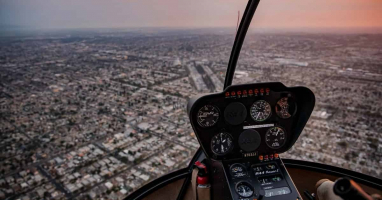
However, the author expresses his indignation towards the “ROE” using words like this:
But for combat soldiers like Rangers, SEALs, Green Berets, and others, the Rules of Engagement present a serious dilemma. We understand that we have to abide by them because they are the rules established under the laws of the country we serve. However, they are dangerous for us. They undermine the confidence we need to face the world’s terrorists in practice. Even worse, they make us anxious, hesitant, and sometimes timid.
Why do these strongest warriors become “hesitant” and “timid”? Let me quote the words of one of the author’s comrades, who succinctly explains the reason.
If (a shepherd’s) body is found, Taliban leaders will happily report it to the Afghan media. Our country’s media will write articles about the brutal US military. Soon we will be charged with murder. It’s because we killed an unarmed Afghan farmer who was innocent.

I know that if they don’t kill the shepherd, they might be attacked by Taliban soldiers. But if they kill the shepherd to prevent that, they might be charged with murder.
I don’t mean to disagree with the rule that “civilian casualties should be avoided” at all. I still think that rule is absolutely necessary. However, such rules prevent soldiers from being able to fully use their power.

In the first place, even our enemies understand America’s ROE and are thinking about how to use them to their advantage.
ROE in combat in Afghanistan explicitly forbidden from shooting, killing, or injuring unarmed civilians. But what if those unarmed civilians were actually skilled spies for the illegal groups we are trying to remove? Or what if they were actually a highly trained secret army disguised as civilians, moving around the mountains of Afghanistan in various forms?
Terrorists and insurgents, like in Iraq, know about our ROE. It is our rule, the rule of the civilized Western countries. And these terrorists know how to use these rules to their advantage. Otherwise, the camel drivers would be carrying guns.

It’s natural for the Taliban to use America’s ROE. In a “war” where “winning” is the top priority, they can’t choose their means, and using “America’s ROE” is not a violation of the rules, so it’s natural to hit that point.
Therefore, there is no point in writing a book claiming that “Taliban using American ROE is cowardly.” Instead, the author is sending a message to the American public through this book. It’s something like this:
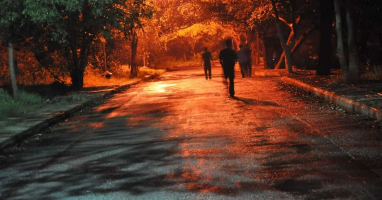
We go there. Every day, all day, whether we complete our mission or die trying for the United States of America. But don’t tell us who to attack. That decision should be left to us, the military. If progressive media and political groups can’t accept that, then non-combatants will end up dying on the battlefield.
SEALs can take care of any other enemy. But that’s only if there aren’t any individuals trying to put us in a penitentiary. However, I refuse to just wander around in the mountains, waiting to have my throat cut, without being able to retaliate, just because there’s a possibility that the other party could be classified as unarmed Afghan farmers.


The author writes more directly as follows:
Look at me now. Tortured, shot, and blown up, with all of my best friends gone. It’s all because they were afraid of their own country’s liberals and civilian lawyers.
Marcus probably understands that “ROE” itself is essential, but he is seeking “flexible application” of the rules. The rule that “you must not kill civilians” is correct, but it should still be “as long as your own life is not taken away.” Of course, it is difficult to prove this. It would be difficult to demonstrate that “if we had let the shepherd go, we would have been in trouble.” However, just having the potential for such “flexible application” should change their actions and choices.

Of course, it is most desirable that “war” does not occur in the first place. However, that is not something that can be achieved just by a single soldier saying it. Therefore, if we assume that “war” cannot be eliminated from the world, he should be seen as making a proposal to find a realistic solution.
In the situation that Marcus faced, we do not want to believe that the decision to “kill the shepherd” was the “correct” one. However, as a result, three lives were lost, and Marcus himself faced a difficult situation where he barely survived. This also cannot be considered the “correct” answer.

In the first place, “war” is a contradictory thing, and the problem exists in the “war” itself. However, Marcus’s point may give many people a chance to think about the “reality of the battlefield,” which they usually do not imagine.
Conclusion
There is one very disappointing aspect to this book. That is the fact that the entire story is basically told in chronological order. From the author’s upbringing, to the intense training at SEALs, to entering Afghanistan, and then the depiction of “intense combat” and “miraculous survival.”
The essence of this book is in the “intense combat” and “miraculous survival,” so I think the author should have touched on them at least a little at the beginning. It was a very interesting and engaging work overall, but I felt that if the structure had been a little different, it could have been a work that would have been accepted by more readers.

In any case, there is no other way to describe it but as “terrifying” – the training of the SEALs was truly formidable. Only those who were pushed to the brink of “dying at the last step” and still managed to survive are recognized as SEALs. I think that the extremely harsh training was undoubtedly behind their ability to fight through the combat in Afghanistan.
Therefore, it is undoubtedly important for this work to depict the training. However, even so, the story of the training continues for a long time from the beginning of the book. I felt very disappointed that there could have been a more appropriate structure.
It is a tremendous work, an extraordinary true story that makes it impossible to say anything other than to repeat the word “tremendous.

Published Kindle books(Free on Kindle Unlimited)
“The genius Einstein: An easy-to-understand book about interesting science advances that is not too simple based on his life and discoveries: Theory of Relativity, Cosmology and Quantum Theory”
“Why is “lack of imagination” called “communication skills”?: Japanese-specific”negative” communication”

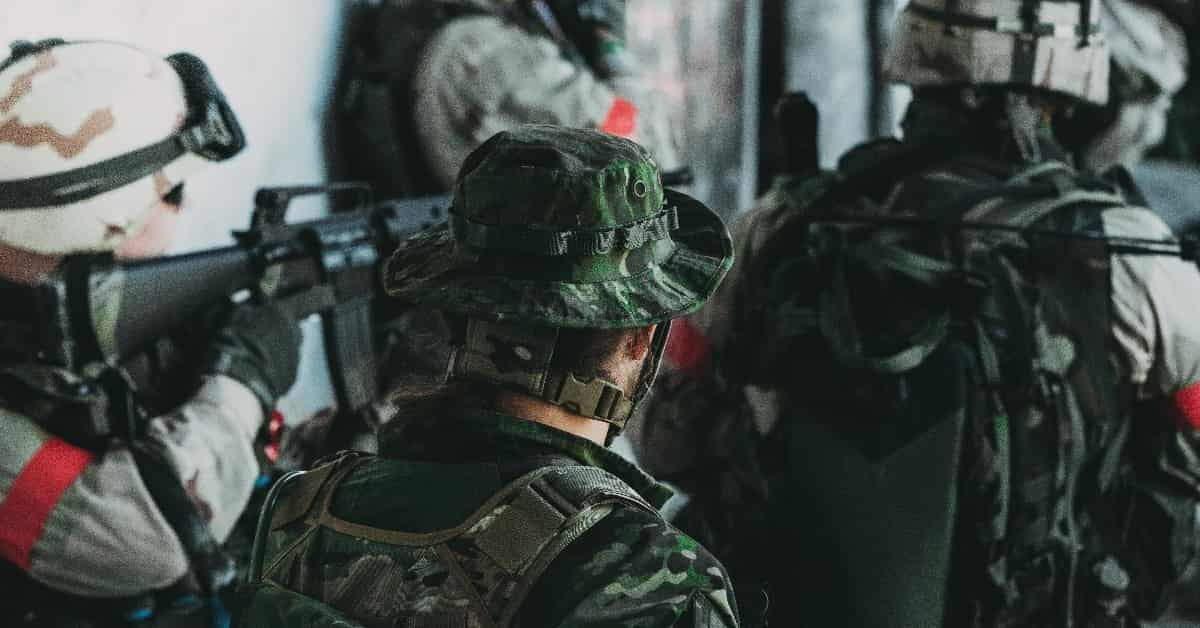





コメント